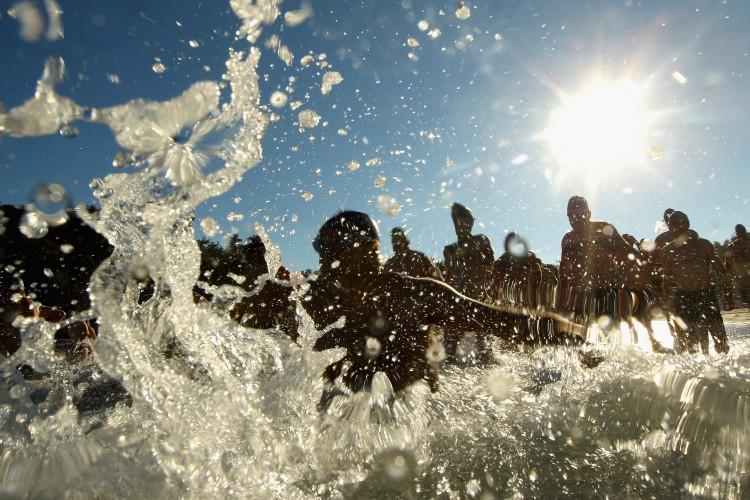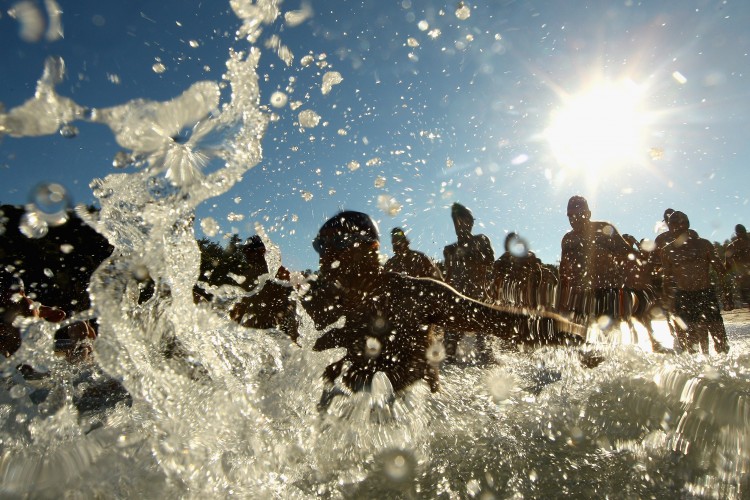This week is National Water Safety Awareness Week (running from Monday, May 28th to Monday, June 4th). Now that the weather is getting better, many people are enjoying the refreshing warm-weather possibilities of Ireland’s waterways, lakes and seas. For this reason, Irish Water Safety (IWS) is appealing for people to learn their “ABC to avoid Bank Holiday Hurt”.
Water Safety: the ABC of Recognising Swimmers in Trouble
Irish Water Safety gives advice on how to spot drowning swimmers.
|Updated:


